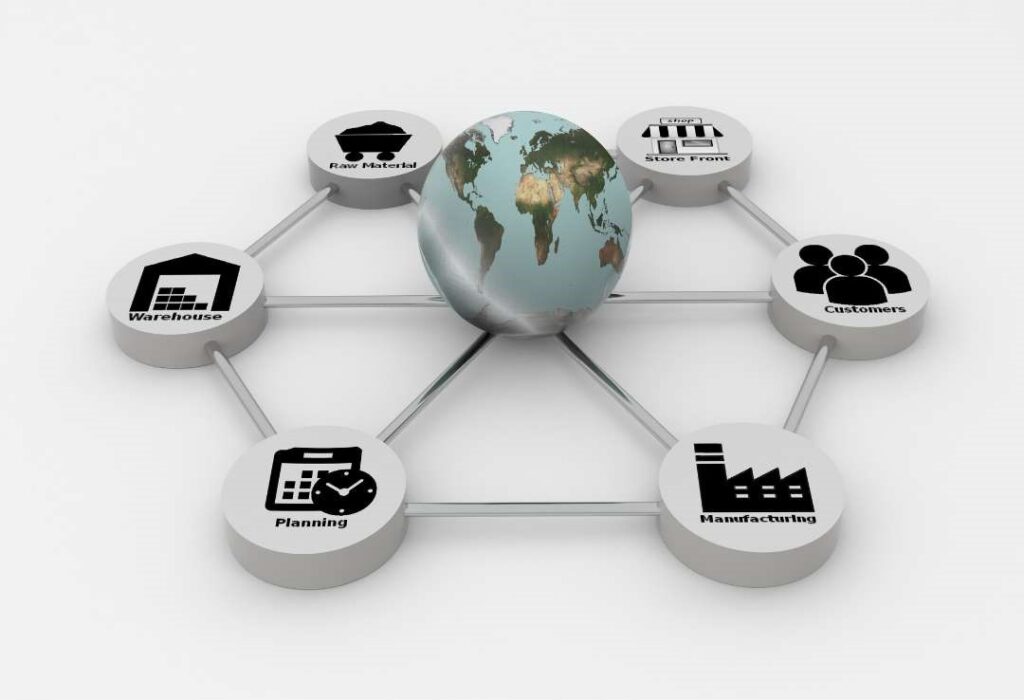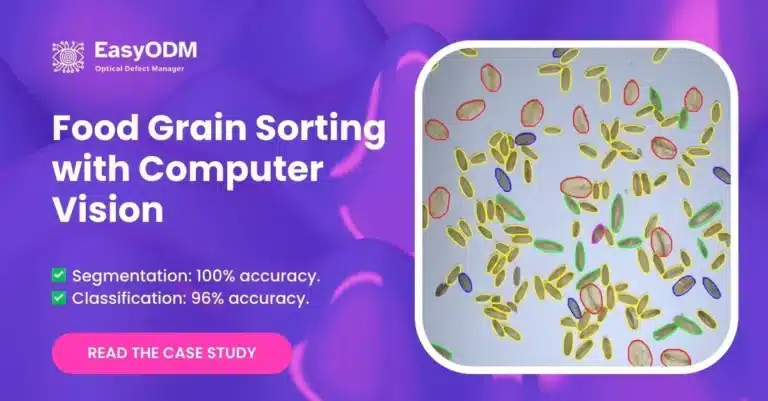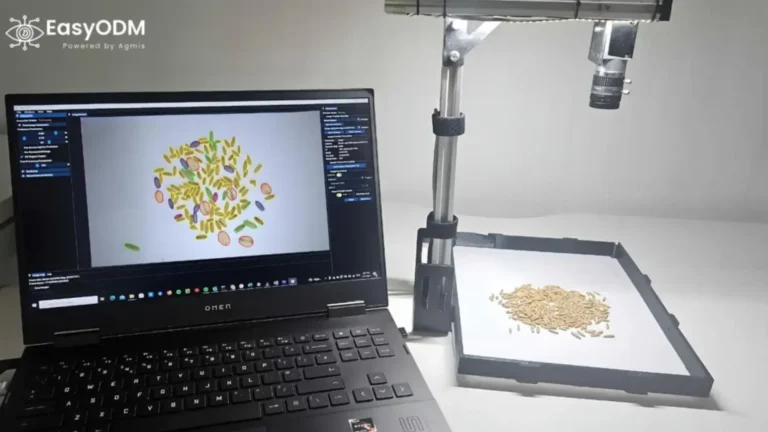The agriculture supply chain connects farmers and consumers. It includes every step, from planting seeds to delivering food to stores. As the world’s population increases, so does the need for more food. This makes it crucial to make the agriculture supply chain as efficient as possible.
Artificial Intelligence (AI) is changing agriculture by improving each part of the supply chain. AI makes things faster, more transparent and overall smarter. From increasing productivity on the farm to checking quality at the store, AI is changing how food moves from the field to the table.
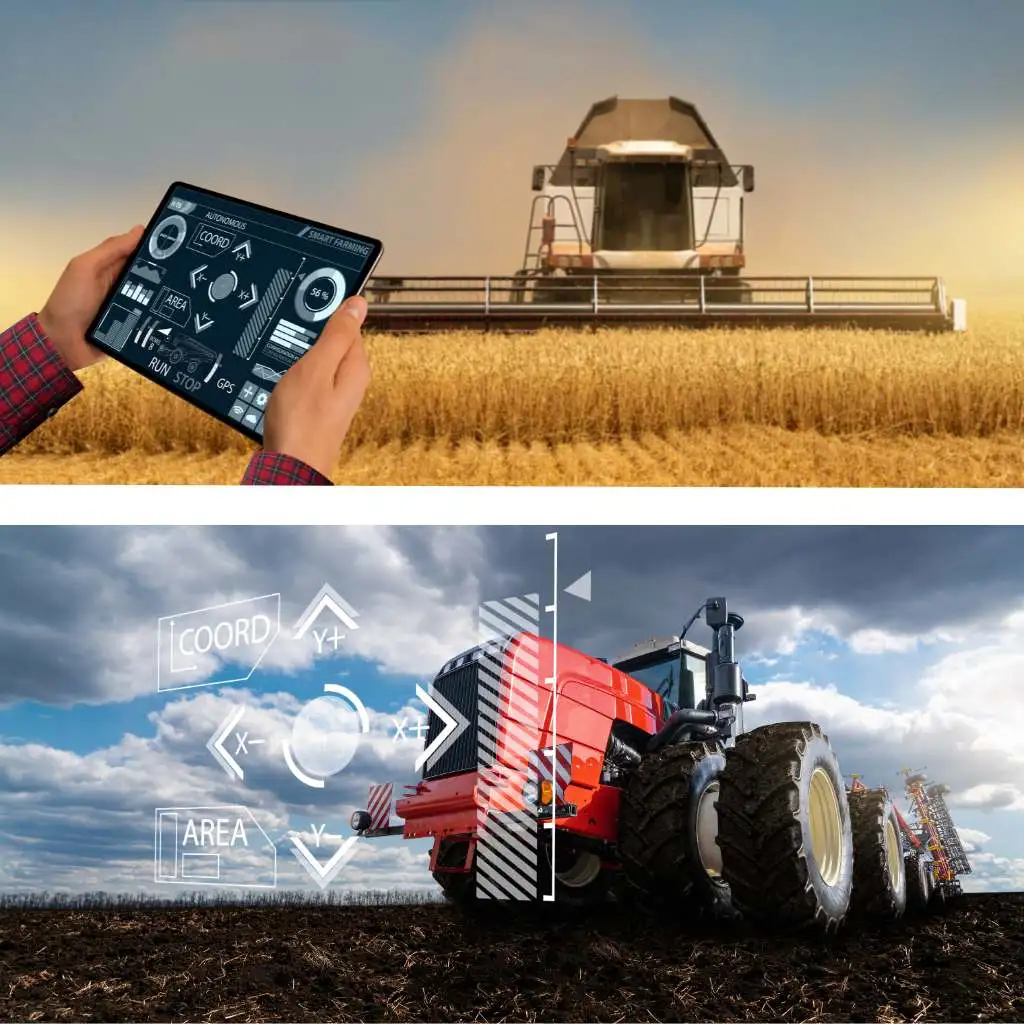

Key Takeaways
- AI Transformation: AI is changing the agriculture supply chain. It improves efficiency, quality, and transparency from farming to production and transportation, all the way to retail.
- Faster Quality Control: AI speeds up defect checks by 30 times. This reduces costs and improves product quality.
- Cost Savings: AI lowers downtime and maintenance costs. This helps prevent $861 billion in losses due to poor quality and waste each year.
- Increased Farm Productivity: AI can potentially double farm profitability and boost global agricultural output.
- Better Logistics: AI reduces inventory by over a third. It also cuts logistics costs by about 15%.
- Improved Traceability: AI, combined with blockchain, tracks food from farm to table. This enhances transparency and safety.
Farmers: Optimizing Production
AI helps farmers make better decisions. It uses predictive analytics to study weather patterns, soil conditions, and market trends. This helps farmers increase yields and reduce waste.
Precision farming with AI can boost agricultural productivity. It helps meet the growing demand for food, with the world population expected to reach over 9 billion by 2050.
AI can also potentially double farm profitability. Predictive analytics improve farm operations and efficiency.
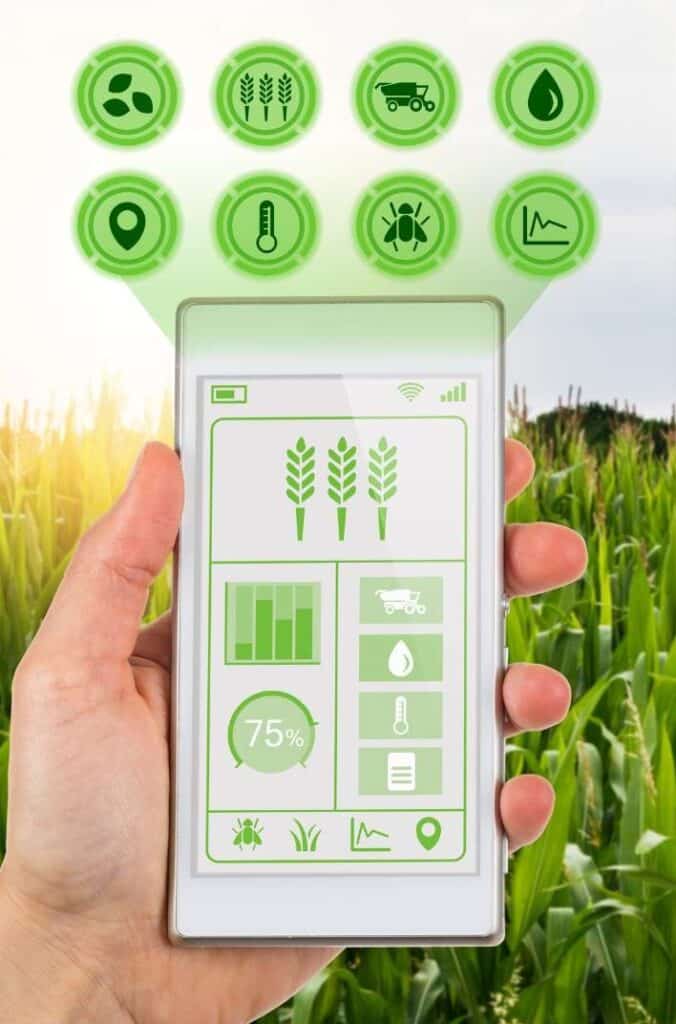
Processors: Enhancing Quality and Efficiency
Processors play a key role in turning raw materials into products ready for market or further manufacturing. AI helps streamline these operations by automating tasks.
It manages tasks like sorting, grading, and packing with greater precision than traditional manual labor. This reduces labor costs and speeds up processing. AI systems like EasyODM’s grain quality analysis address processing challenges. For example:
- AI inspects defects 30 times faster, saving costs.
- AI reduces post-harvest losses with smart storage solutions.
- AI cuts raw material waste by up to 20% in manufacturing.
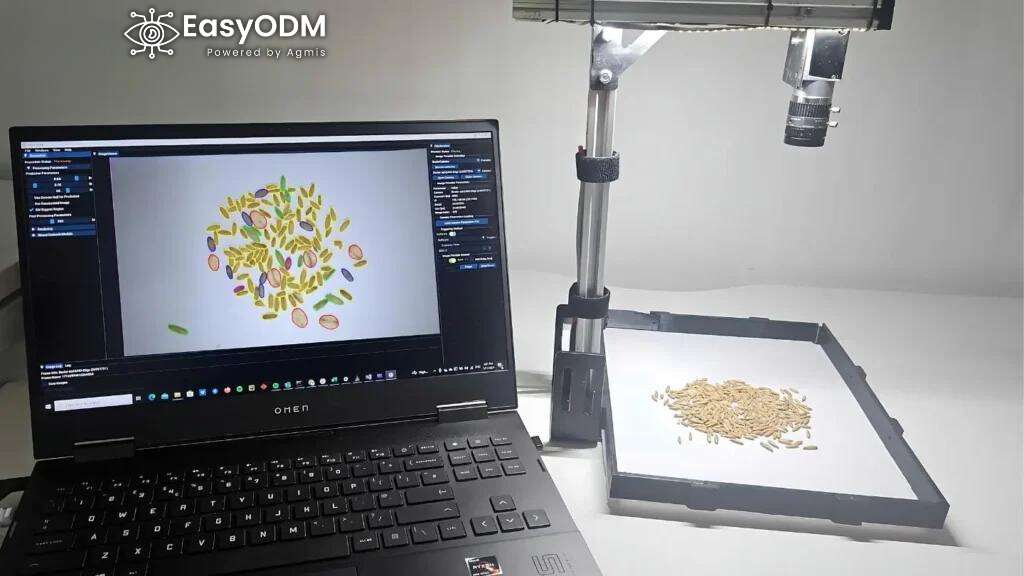
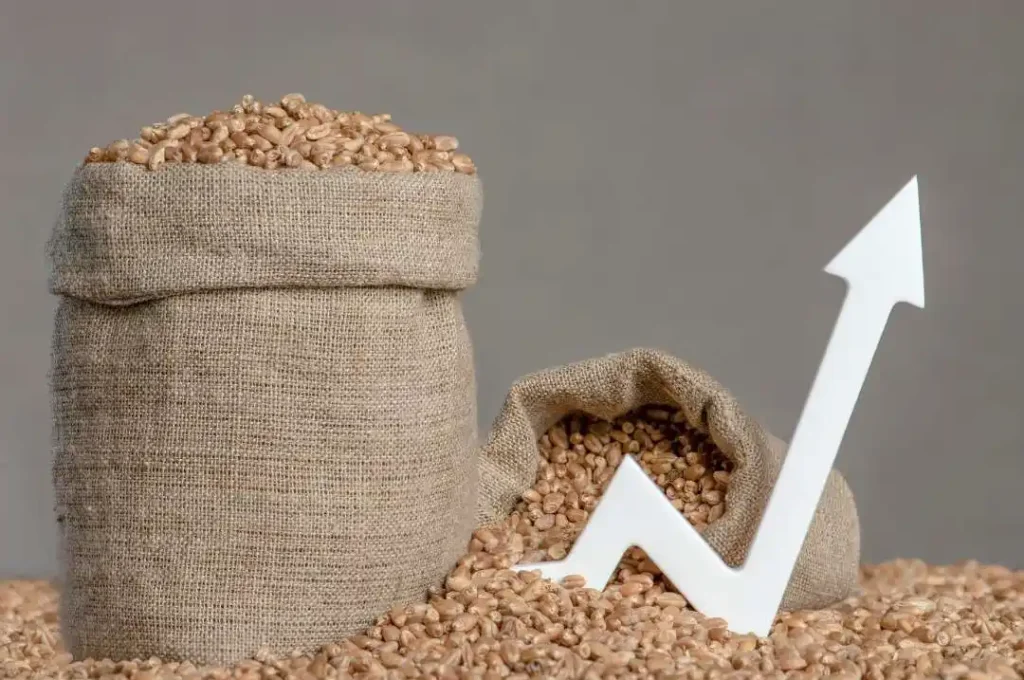
Distributors: Streamlining Storage and Logistics
For distributors, AI improves storage and logistics. Quality checks are vital to meet market standards. AI systems detect defects and assess product quality quickly.
This ensures only high-quality products move through the agriculture supply chain. As well as that, other AI benefits include:
- AI can cut inventory levels by up to 20%.
- AI-driven supply chain management reduces logistics costs by about 15%.
- AI forecasting lowers product unavailability by more than half.
Manufacturers: Innovating Production
Manufacturers turn processed products into consumer-ready goods. They use AI to improve production efficiency and optimize resource use, It also strengthens the agriculture supply chain resilience.
AI offers many advantages. Some of its benefits include better quality control, reduced downtime, and improved decision-making.
- AI-driven predictive maintenance can significantly lower maintenance costs in manufacturing.
- AI tools could generate $1.2 trillion in productivity by 2025.
- The manufacturing sector loses $861 billion each year due to poor quality. This costs can be significantly reduced by using AI to reduce poor quality and waste.
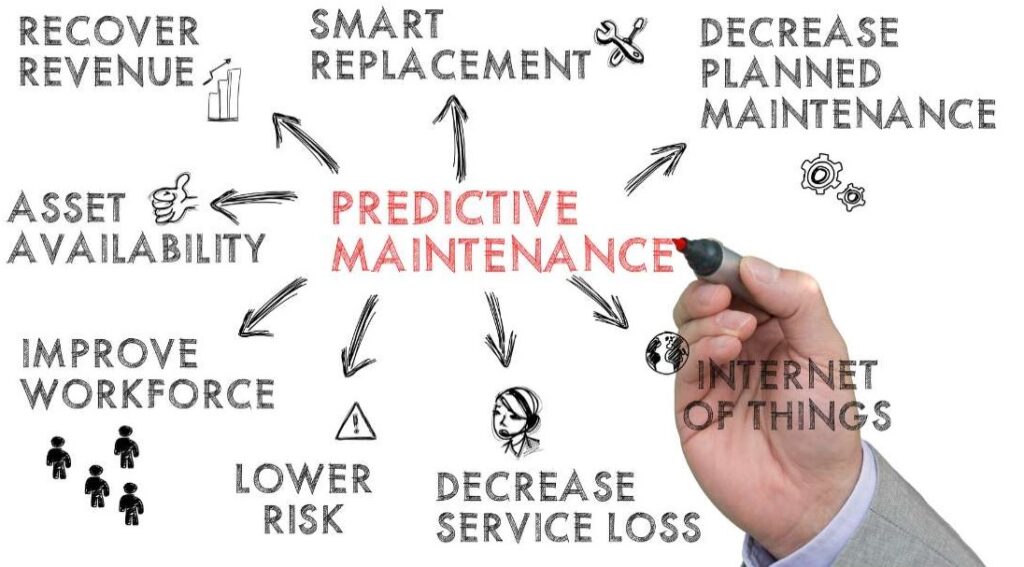
Retailers: Optimizing the Final Product
Retailers use AI to keep products fresh and meet customer demands. AI improves order accuracy and reduces errors. It ensures the freshest products are available to consumers. More AI benefits for retailers include:
- AI can cut customer service costs by up to 30%.
- AI reduces lost sales from inventory shortages by up to 65%.
- AI predicts equipment failures, cutting downtime by up to 30%.
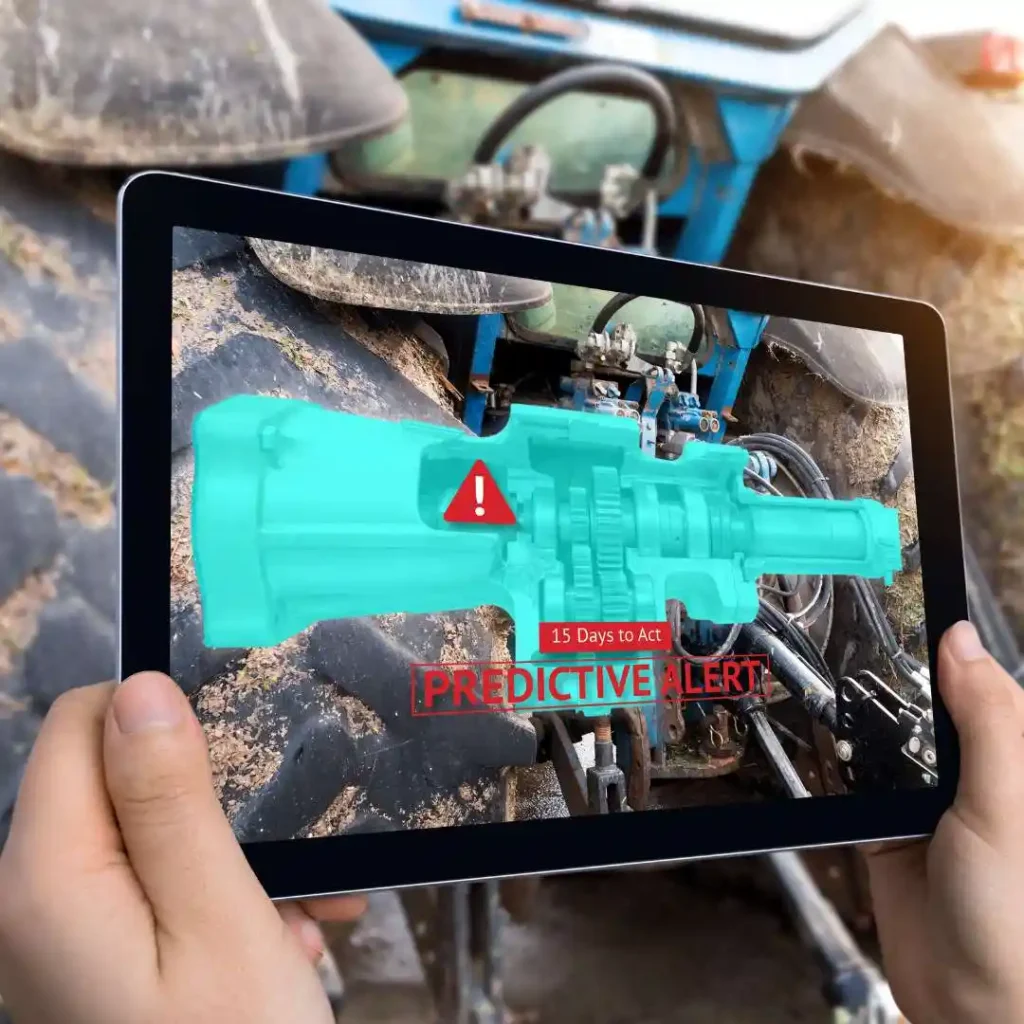

Traceability: Ensuring Transparency and Safety
Traceability is important in the agriculture supply chain. Consumers want to know where their food comes from. AI, combined with blockchain, improves traceability.
It provides real-time tracking from farm to table. Blockchain securely records every transaction in the supply chain. With AI, it allows access to detailed product information.
Consumers can scan a QR code to see where a product was grown and processed. This transparency builds trust and improves food safety. If a foodborne illness occurs, AI can quickly find the contamination source. This allows for fast recalls and reduces health risks.
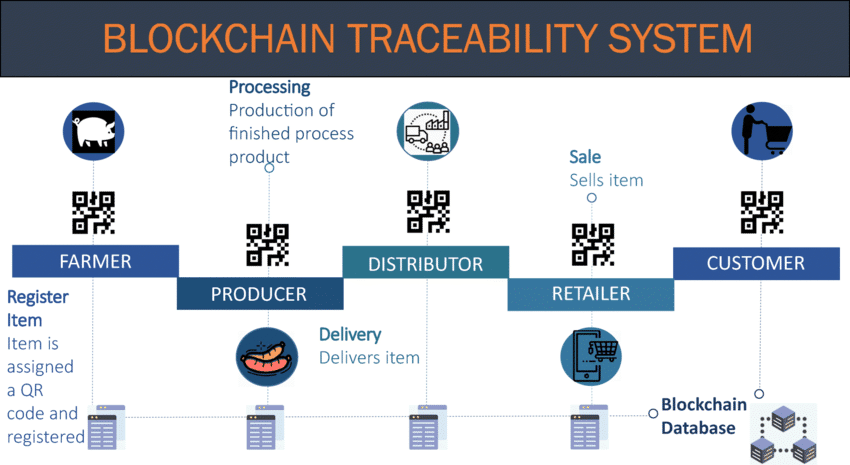
The Future of AI in the Agriculture Supply Chain
AI will continue to change the agriculture supply chain. It optimizes production, logistics, and quality control. AI also improves traceability for distributors and retailers. It makes the supply chain more efficient and sustainable. This ensures high-quality products reach consumers safely.
Embracing AI is important for all parts of the agriculture supply chain. Challenges like climate change and population growth put pressure on food systems. AI offers tools to build a stronger, more transparent, and sustainable agriculture industry.
